Here is everything you need to know about seven controversies about Chief Justice Rana
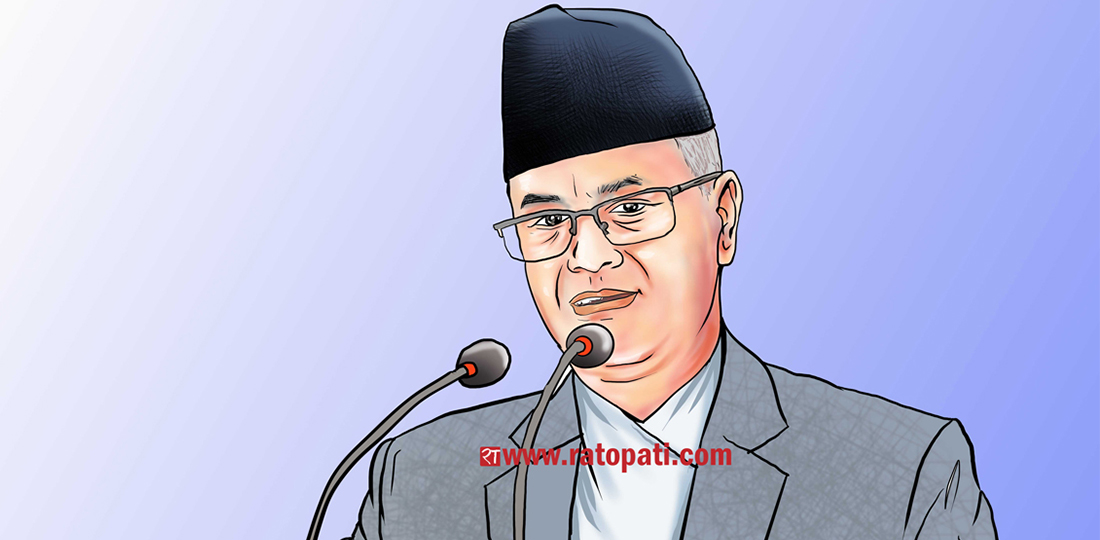
KATHMANDU: Chief Justice Cholendra Shumsher JB Rana has run into different controversies of late.
The Nepal Bar Association (NBA), an umbrella organization of legal practitioners, has been staging protest demonstrations for the past month demanding CJ Rana step down as the head of the judiciary.
Rana’s fellow justices at the apex court also sought his resignation and boycotted all the benches formed. They, however, returned to benches hearing habeas corpus writ petitions nearly after two weeks of their agitation.
The NBA, on Tuesday, announced a new form of protest and said that it would hold a march past from the Supreme Court (SC) to Baluwatar, where lies the prime minister’s official residence in a bid to pressurize the government to impeach Rana.
In this piece, we compile the various incidents and cases which Rana has been dragged into.
1. Ranjan Koirala Case
The then Deputy Inspector General (DIG) of Nepal Armed Force (APF), Ranjan Koirala was handed life imprisonment with confiscation of his property after being convicted of murdering his wife Gita Dhakal. He was convicted of cutting Dhakal’s body into pieces and burning in a forest in Makwanpur’s Palung, both by the Kathmandu District and Patan High [then appellate] courts.
However, a division bench comprising Chief Justice Rana and Justice Tej Bahadur KC on June 29, 2020, passed a verdict to shorten the jail term to only eight years six months, short of 11 years six months to that ordered by the lower courts.
Consequently, Koirala was released on July 23, 2020, after serving a jail term of eight-and-half years.
2. Share in constitutional bodies
CJ Rana has also been accused of claiming shares in the constitutional bodies.
The then Prime Minister KP Sharma Oli-government introduced an ordinance in December, last year which allowed the seven-member Constitutional Council (CC) to convene and make decisions even if there are only three members present. Earlier, it required at least five members to be present in the meeting to take any decision.
The CC meetings, following the issuance of the ordinance amending its working procedure, recommended as many as 52 commissioners in the various constitutional bodies including Commission for the Investigation of Abuse of Authority (CIAA), Public Service Commission (PSC) and National Human Rights Commission (NHRC).
Rana was accused of attending the meetings without raising any question over new provisions and claiming shares on his behalf in the constitutional bodies.
It is to be noted that the recommended members of the constitutional bodies were appointed later on June 24 even without completing the required procedure of parliamentary hearings.
3. Controversial Constitutional bench
Rana was embroiled in another controversy as he formed the constitutional bench to hear the writ petitions against the House dissolution move by KP Oli.
He was blamed for forming the bench including the justices close to him but not the senior-most justices of the apex court. Amid controversy over conflict of interest, Justice Hari Krishna Karki announced not to join the bench. Consequently, Rana was forced to reconstitute the bench.
4. ‘Partnership’ in splitting NCP
Rana was also blamed for splitting the erstwhile Nepal Communist Party (NCP) and reviving the CPN-UML and CPN (Maoist Center) by assigning the case to justices close to him.
The division bench of justices duo Kumar Regmi and Bom Bom Kumar Shrestha passed a verdict in favor of petitioner Rishiram Kattel on March 7. Kattel had challenged the Election Commission (EC)’s decision to award the name NCP to the party formed after the merger being UML and Maoist. The poll body had registered the NCP in 2018 despite Rishi Kattel’s plea claiming that the name clashed with the name of his own party.
The court’s verdict reportedly favored the then PM KP Oli.
The apex court’s bench led by Rana himself, through another order, rejected the petition by Maoist Chairman Pushpa Kamal Dahal ‘Prachanda’ seeking a review of the March 7 order.
5. Use of ‘dummy petitioners’ to prevent constitutional bench proceedings
Rana has also been accused of mobilizing ‘dummy writ petitioners’ in a bid to prevent the constitutional bench’s proceedings.
Amid the concerns about conflict of interest, Rana announced to limit his roles in the constitutional bench which was supposed to hear the writ petition relating to the Constitutional Council (CC). He said that he would not prepare the cause list. Similarly, he also opted to stay on leave on the day the court issues its verdict over the case.
However, a day before the constitutional bench was to be formed, Justice Hari Phuyal was assigned a case to hear a writ petition, on September 2. Dr Ganesh Regmi, the petitioner argued that CJ Rana should be part of the bench.
Hearing the petition, Justice Phuyal issued an interim order not to implement the decision of the constitutional bench.
Regmi teaches in a college owned by Ram Krishna Timilsina, one of those 52 appointed in the constitutional bodies.
Many raise a question over Rana’s move to field a 'dummy petitioner' and assign the case to Phuyal.
6. Share in Cabinet
Rana was also accused of seeking a share in the Sher Bahadur Deuba-led Cabinet. Rana reportedly bargained to induct his relative [wife’s elder brother] Gajendra Hamal and Dipak Timilsina, a former employee at the SC, into the Cabinet.
Hamal was appointed the Minister for Industry, Commerce and Supplies. He, however, stepped down as he ran into controversy.
Following media reports, Rana made it clear that he had no involvement in making Gajendra Hamal a minister.
However, this case stained his image as a ‘political bargainer’.
7. Bargaining over Lalita Niwan Land Scam
Rana was also embroiled in controversy in connection with the much-talked-about Lalita Niwas Land Scam.
The anti-graft body--- CIAA--- had decided that no case could be filed against former prime ministers duo Madhav Kumar Nepal and Dr Babu Ram Bhattarai as no direct involvement was reported.
However, a writ petition was registered at the SC challenging the decision of the anti-corruption body.
The SC is yet to hear the case. Rana is blamed for deliberately causing a delay in settling the case with the intent of ‘political bargaining’. In the meantime, he also held a ‘secret meeting’ with former PM Prachanda where they reportedly discussed the same.
While Rana admitted his meeting with Prachanda, the latter’s secretariat, however, ruled out it. He [Rana] also insisted that they did not talk about the sub judicial case during the meeting.
Read more news

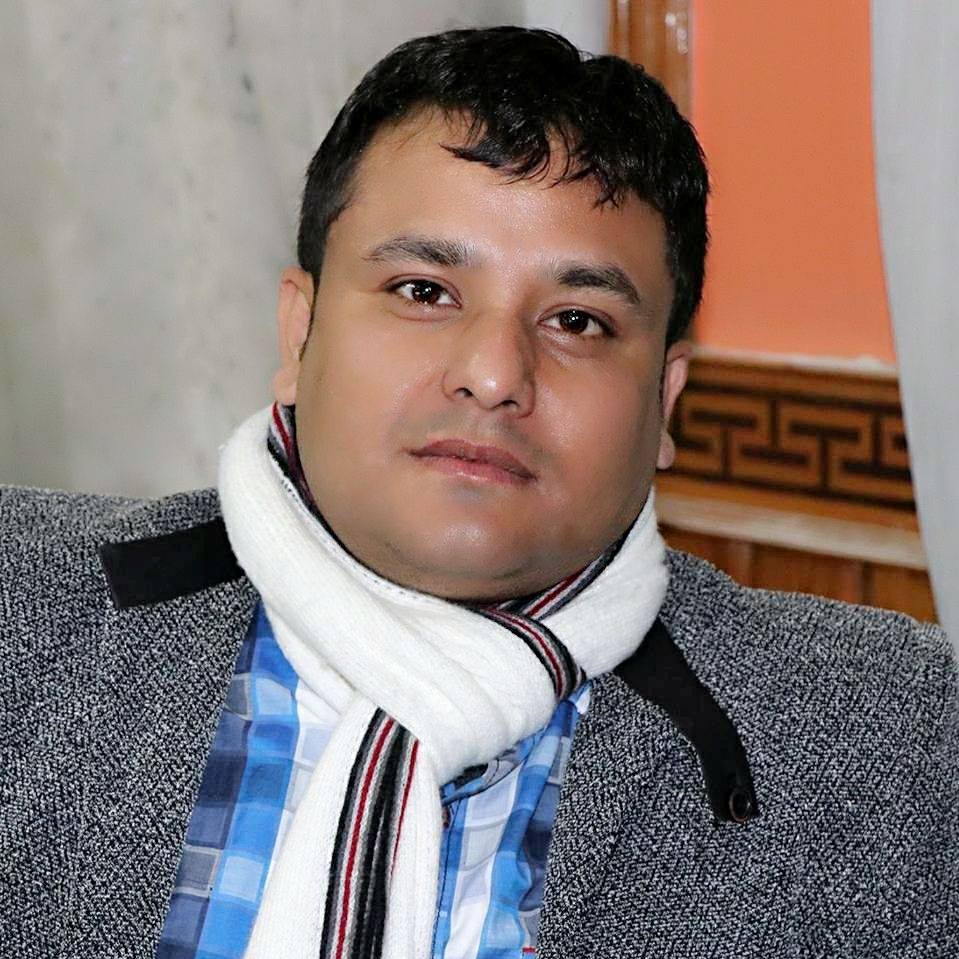
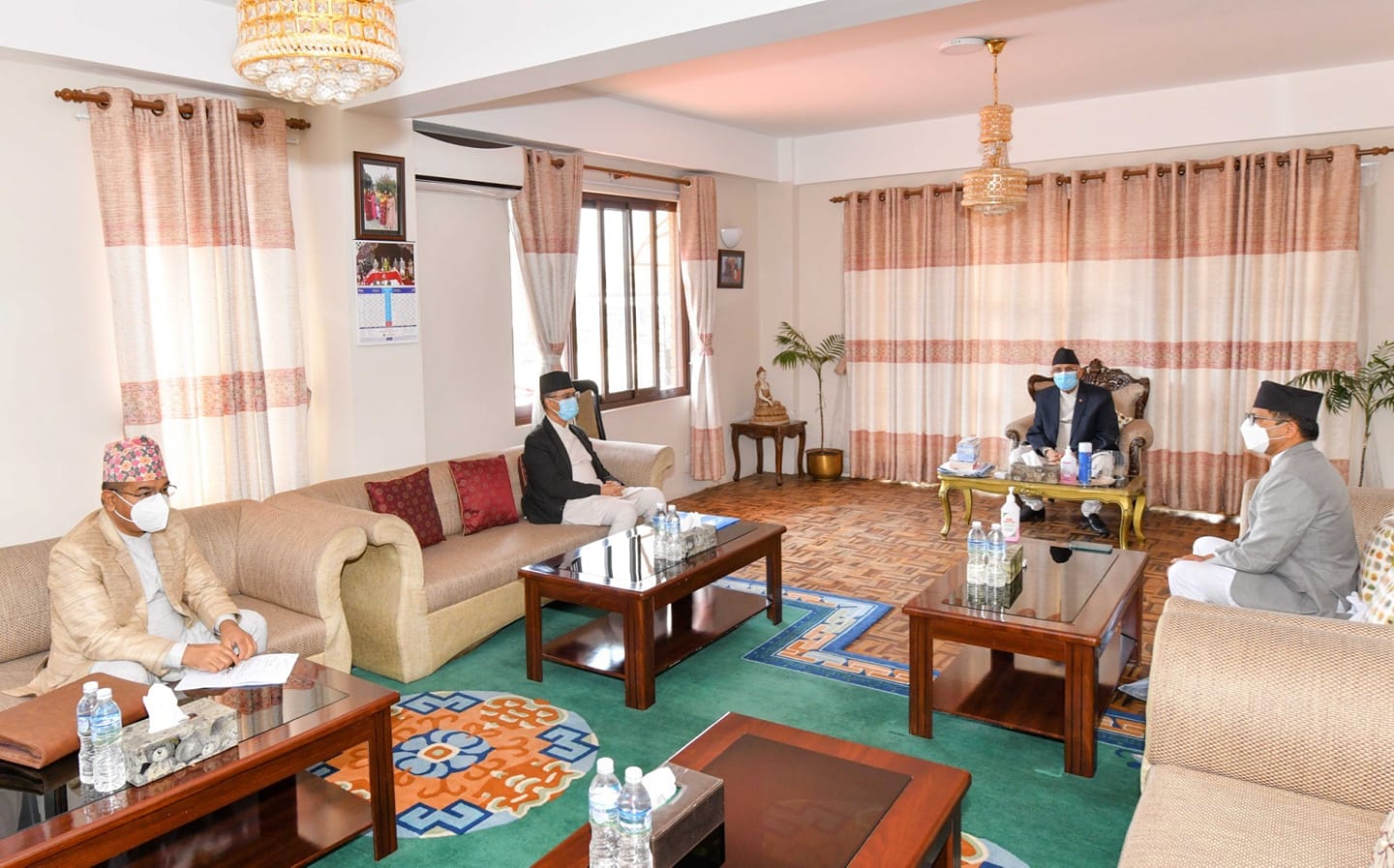
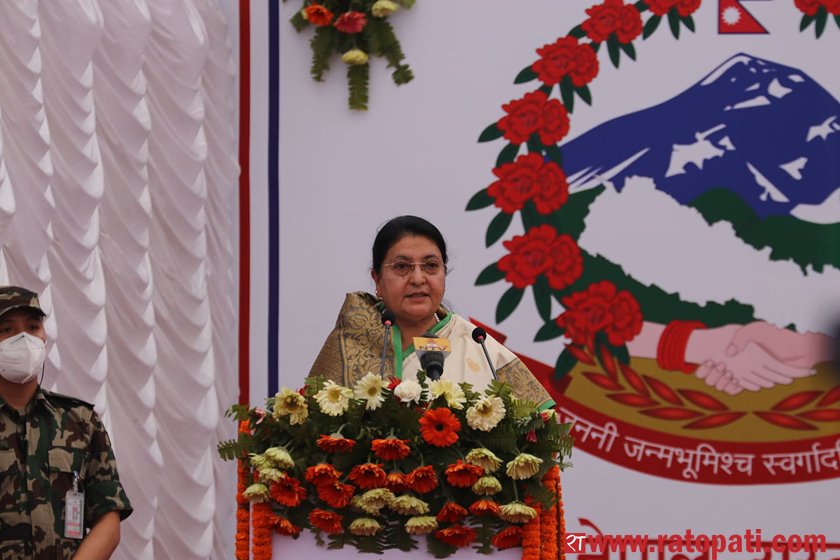
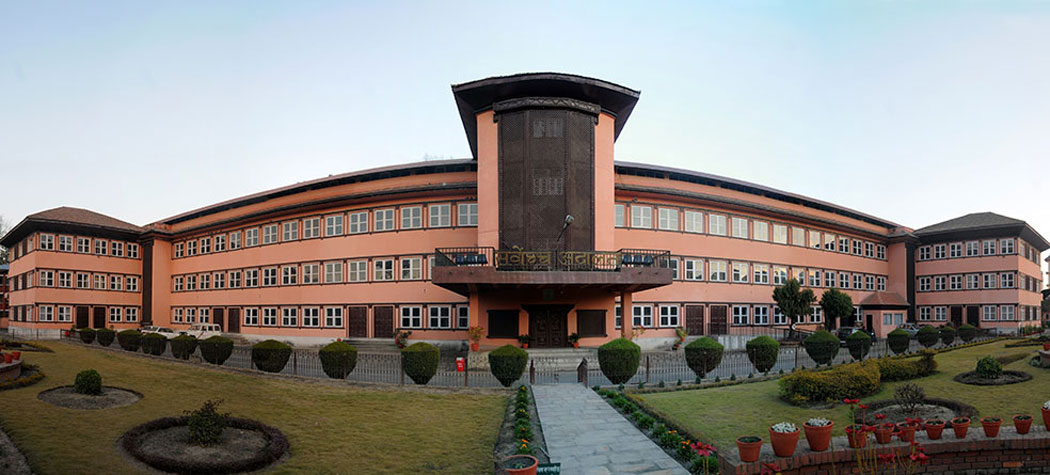
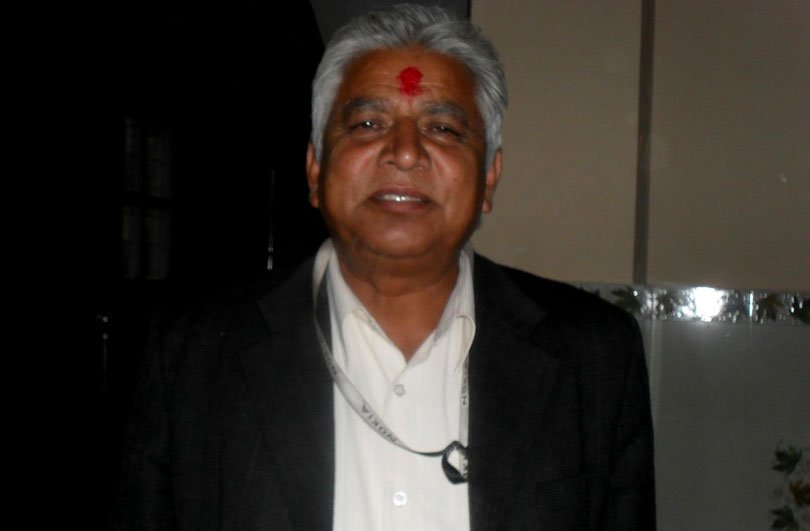
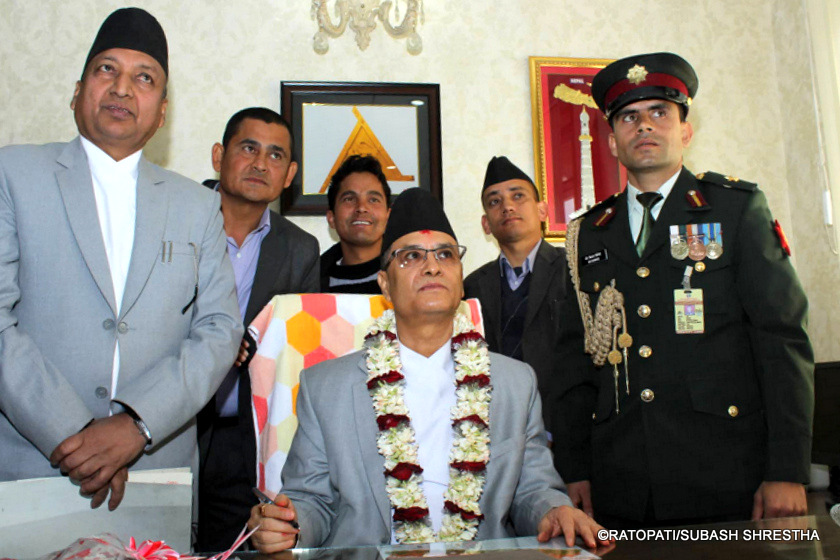
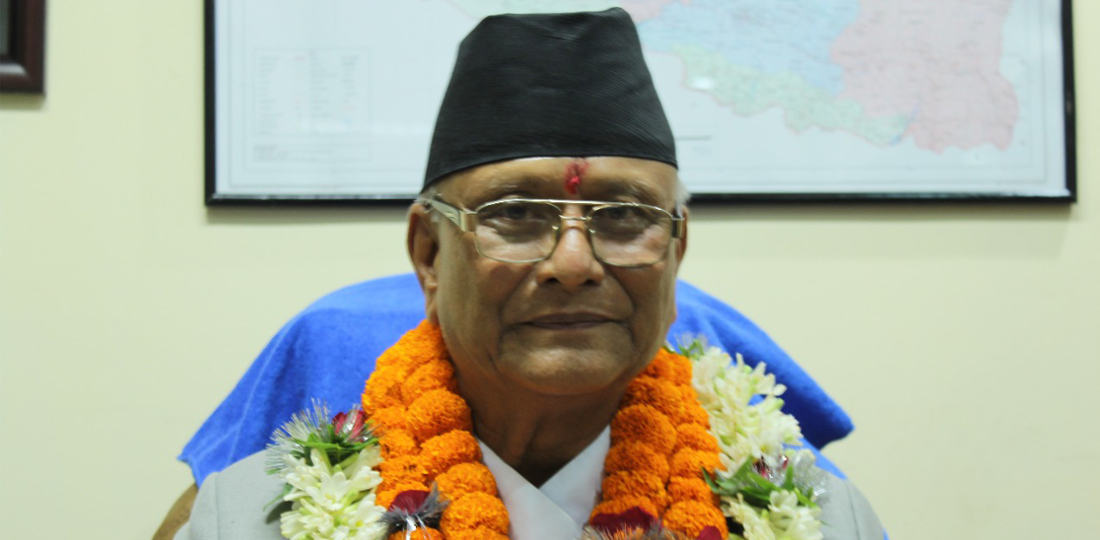
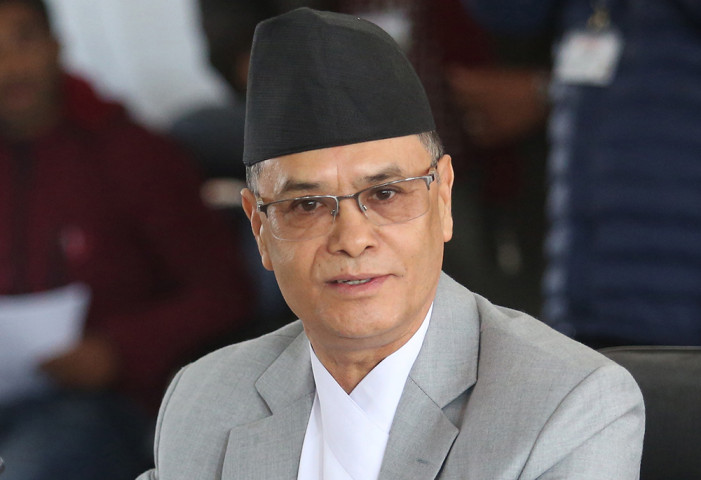
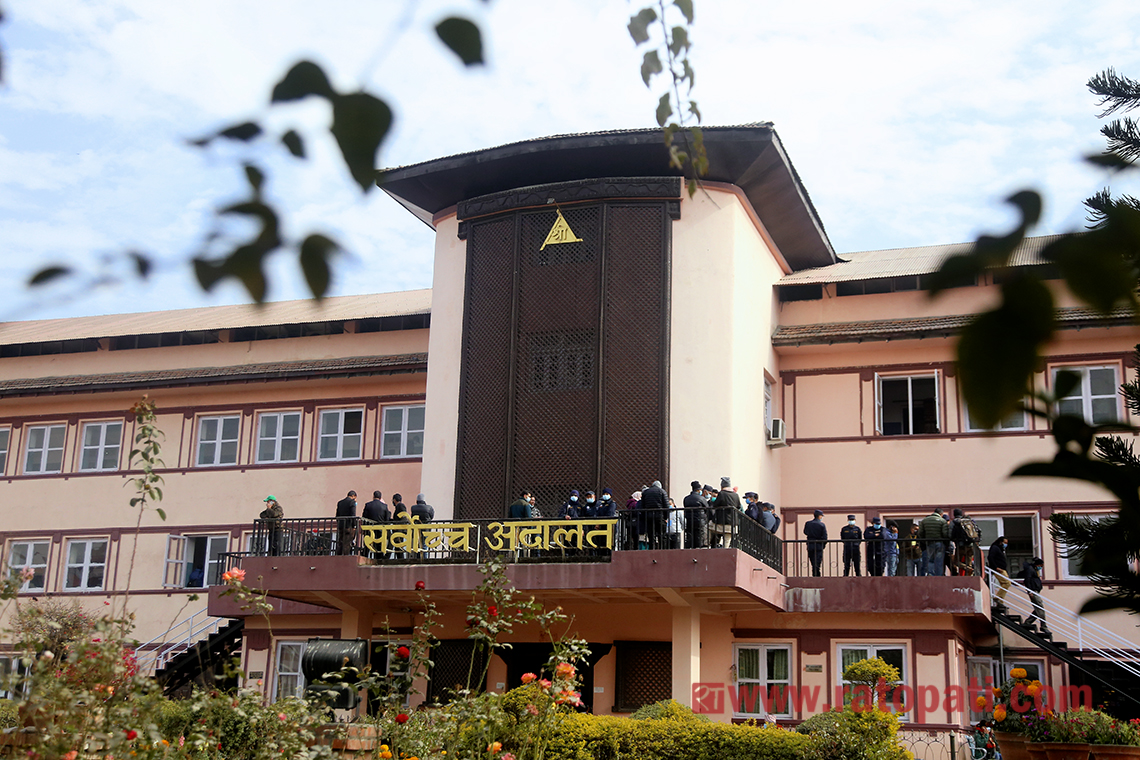
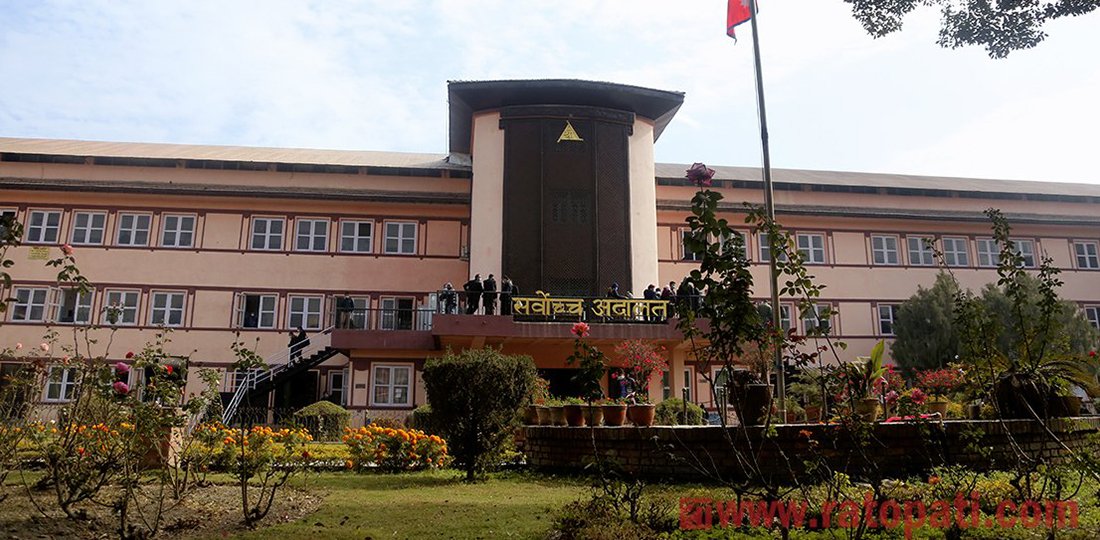
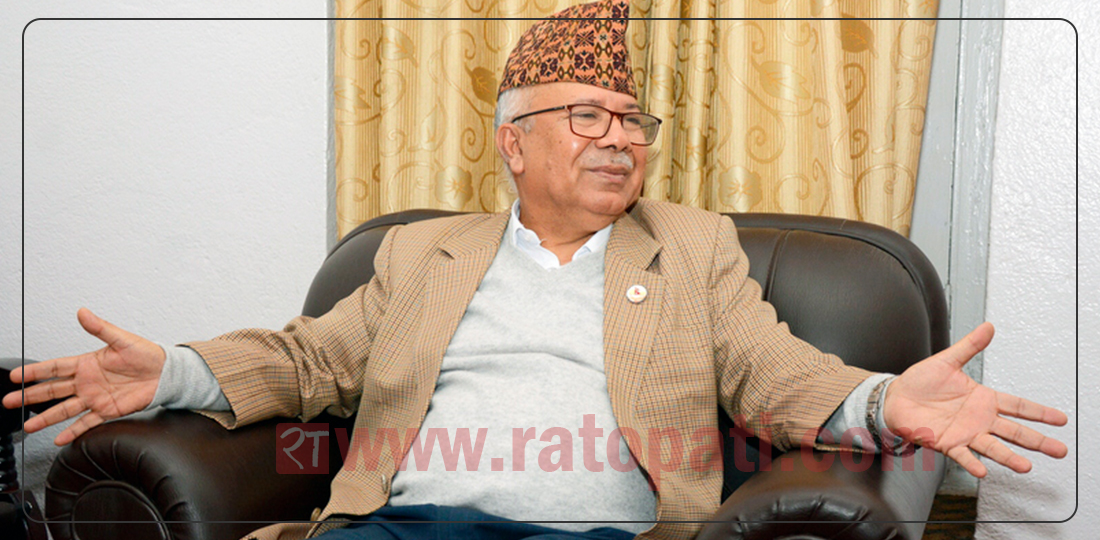
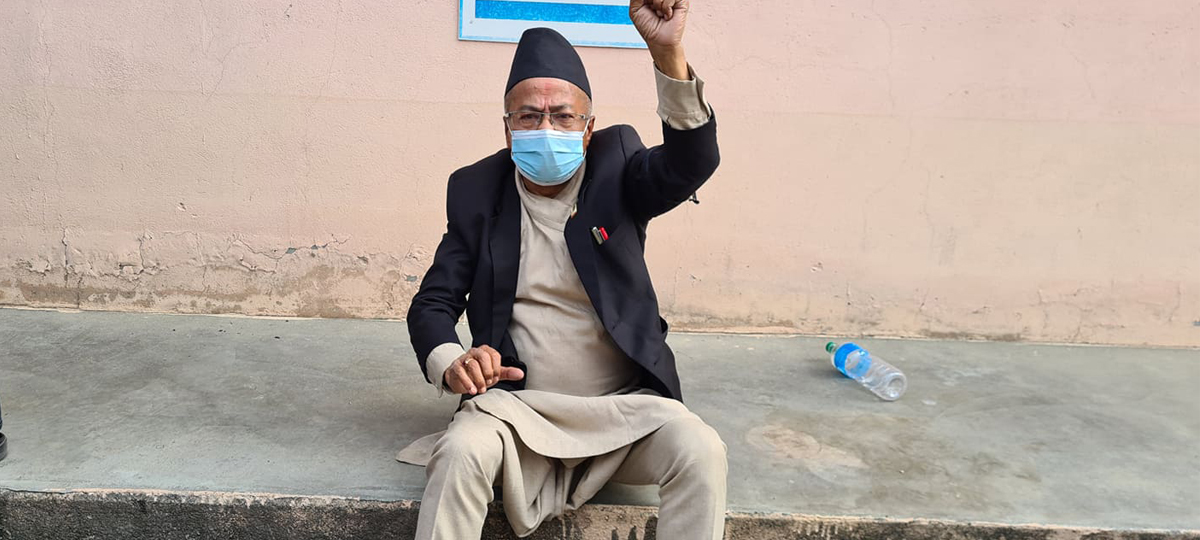
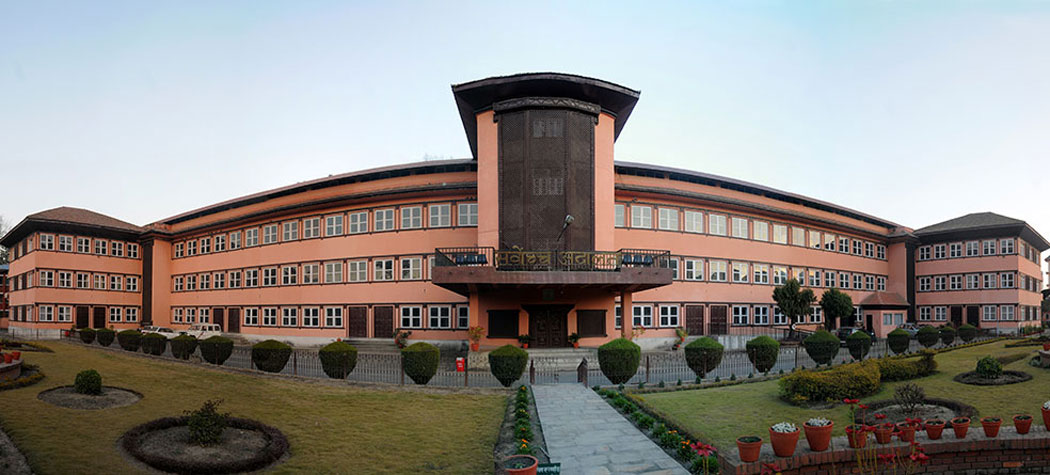
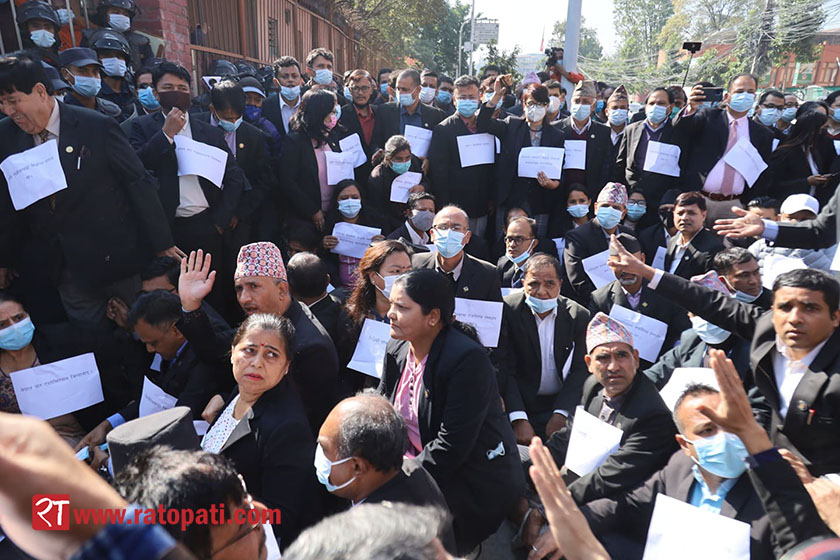
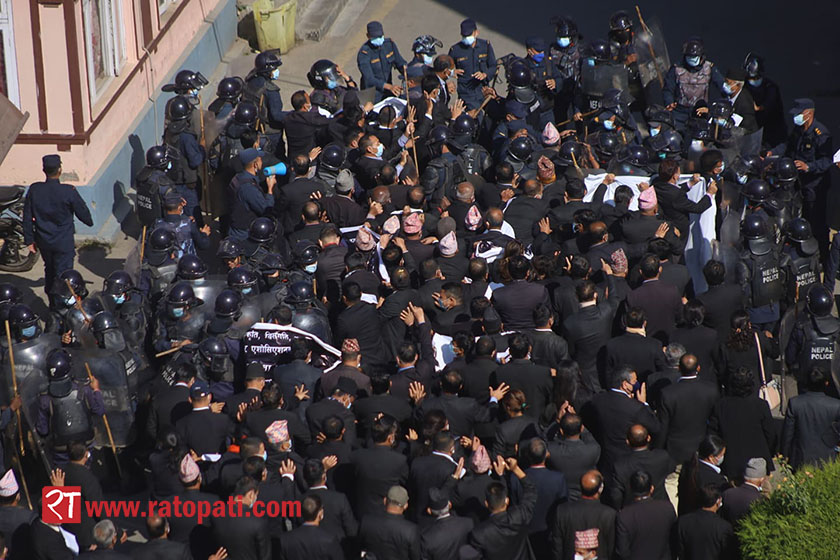
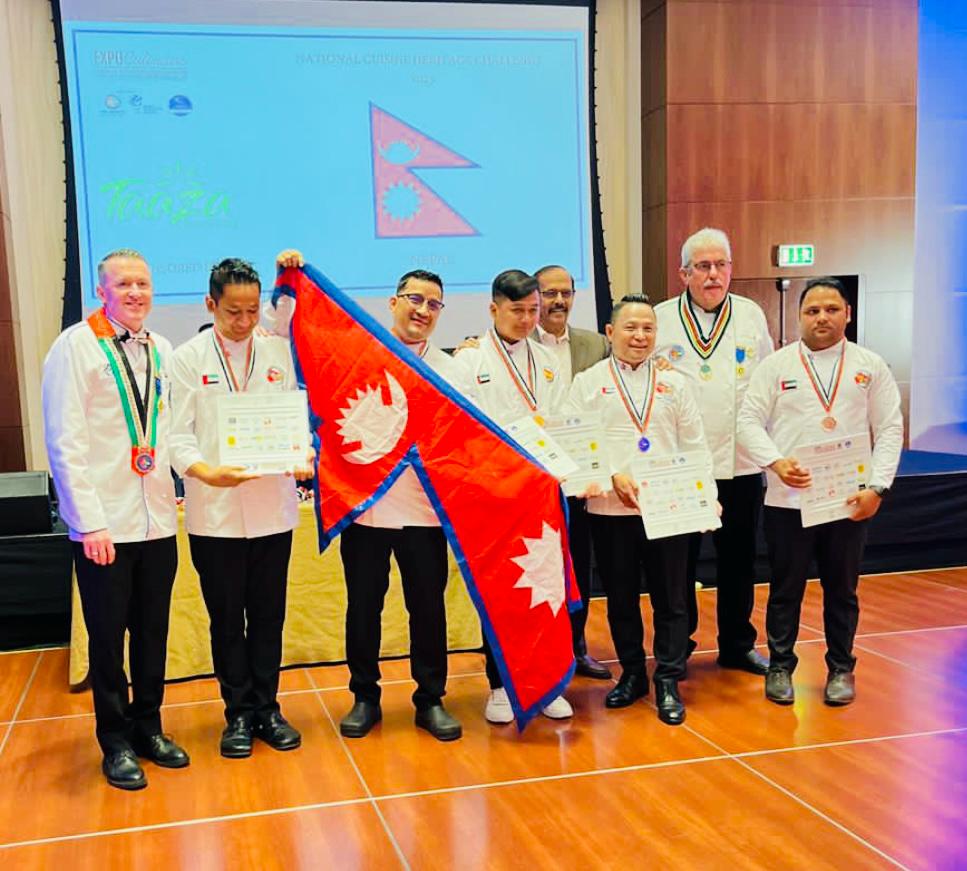
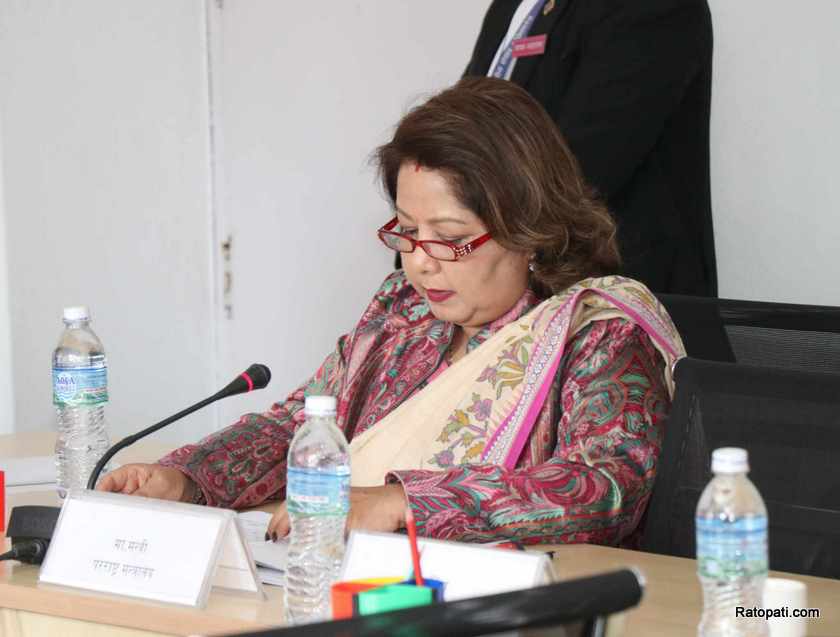
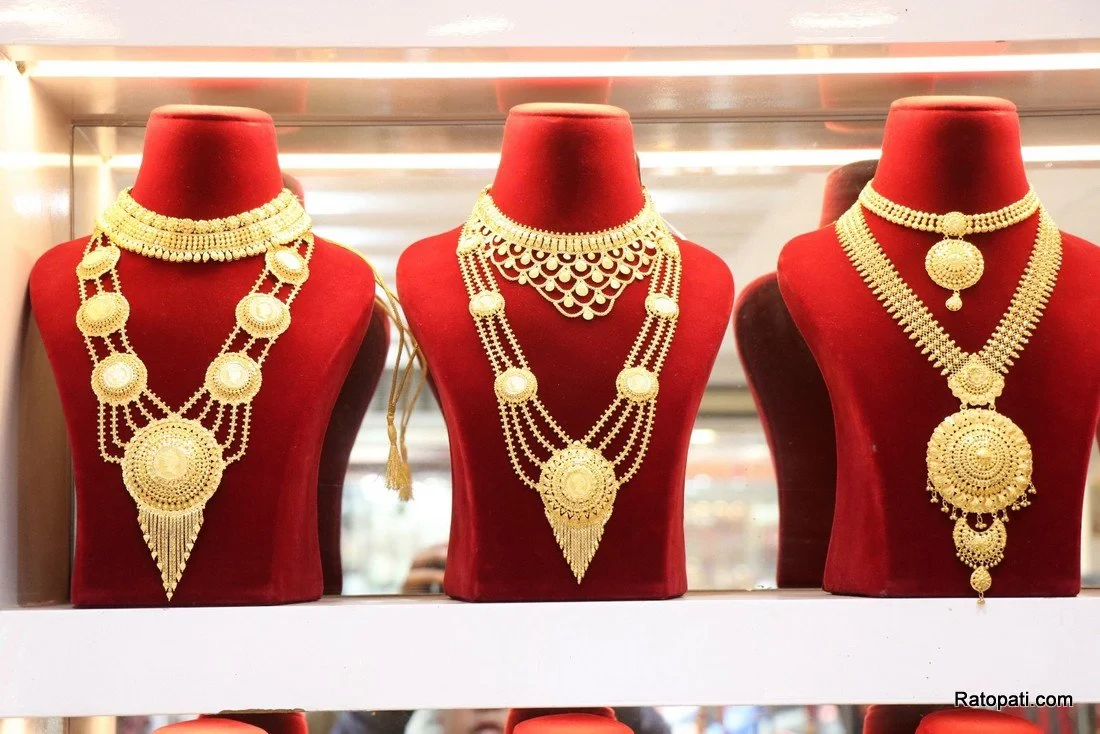

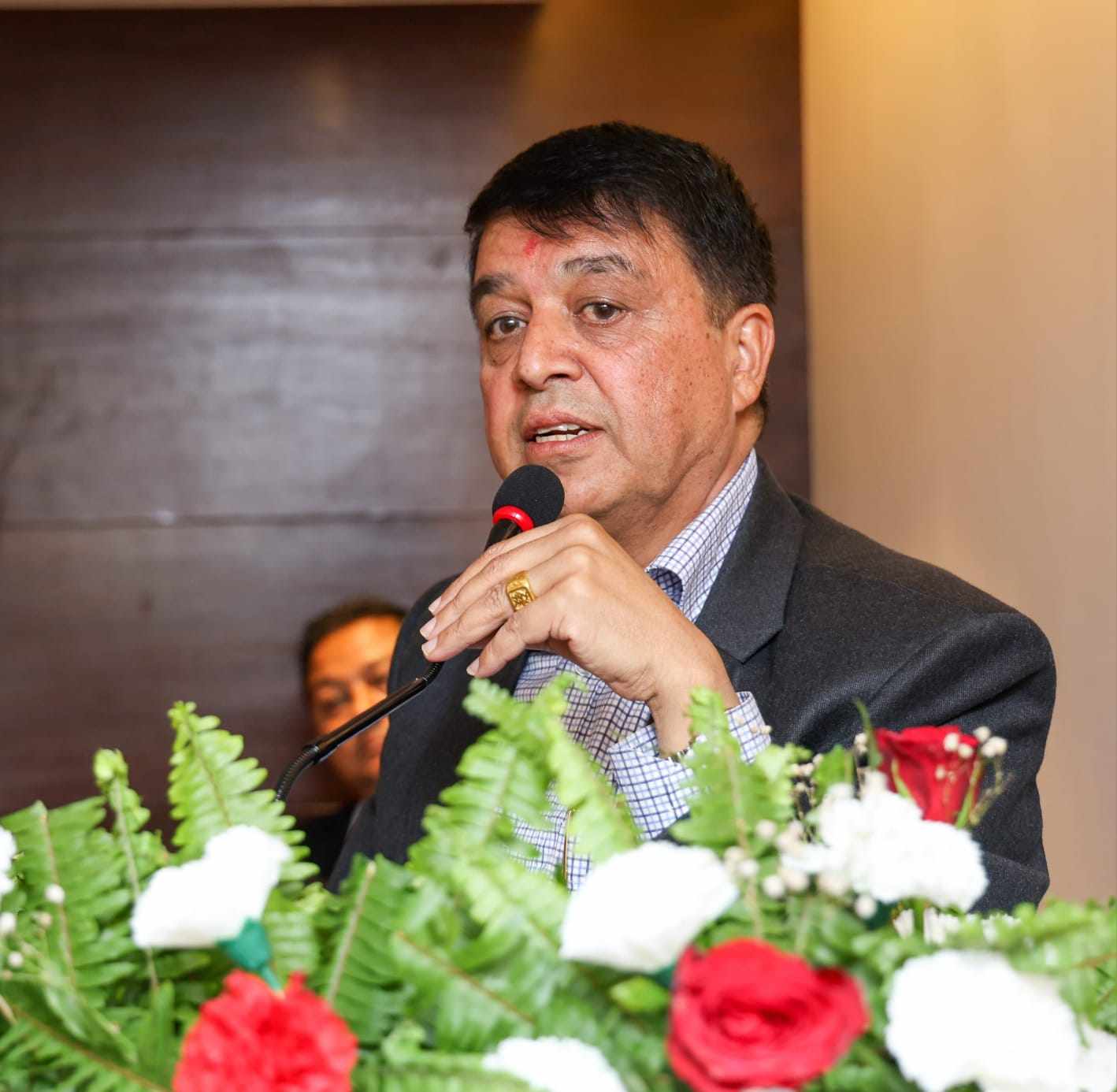
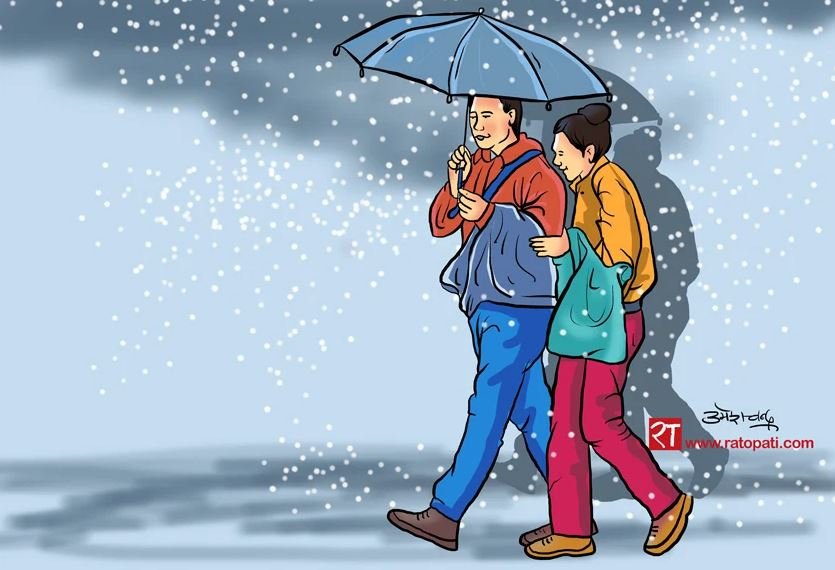

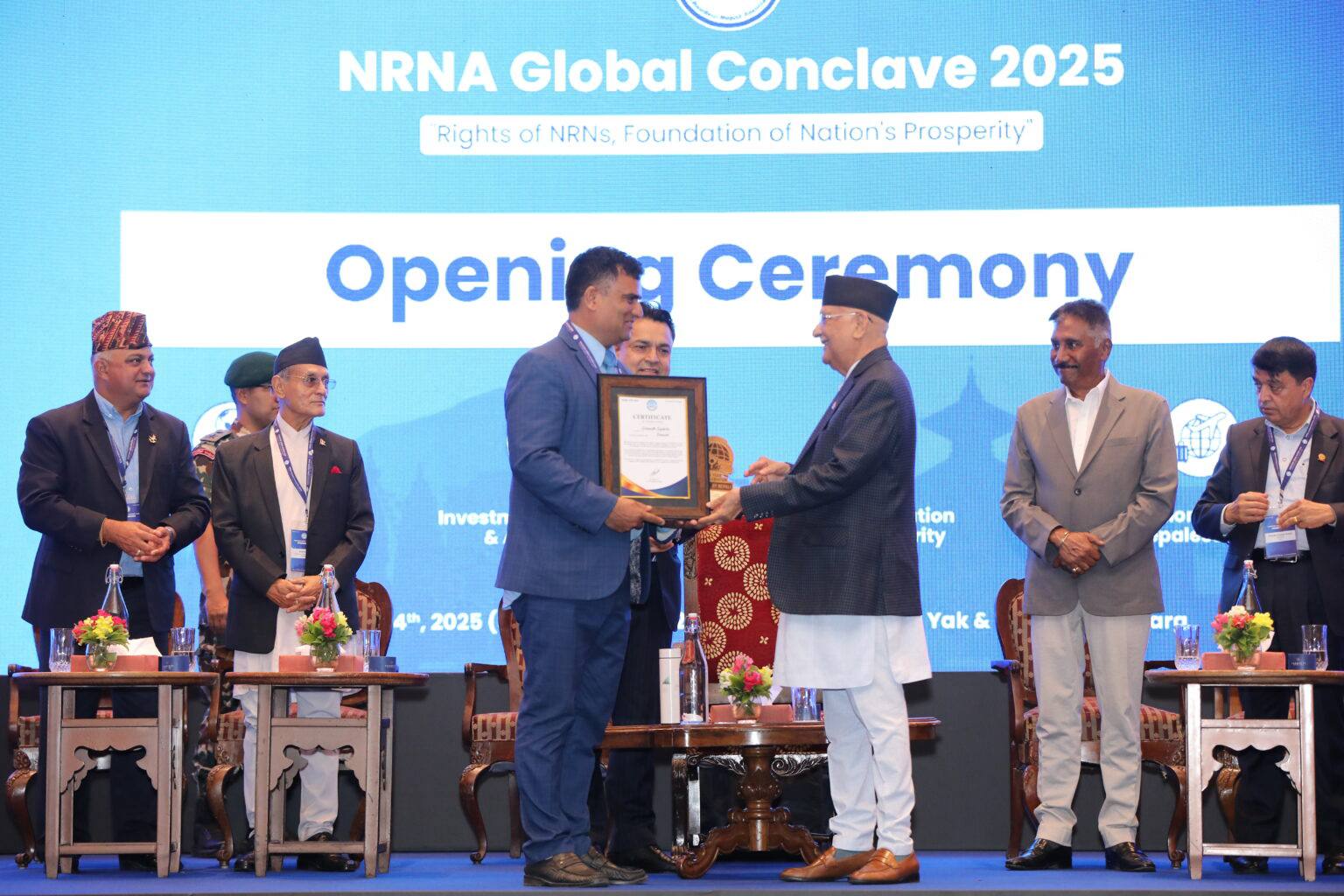
Leave Comment